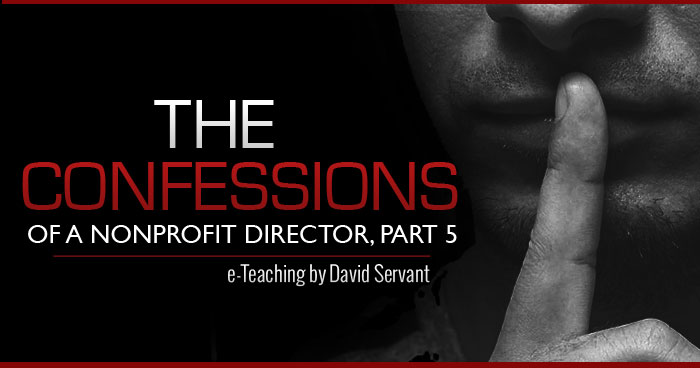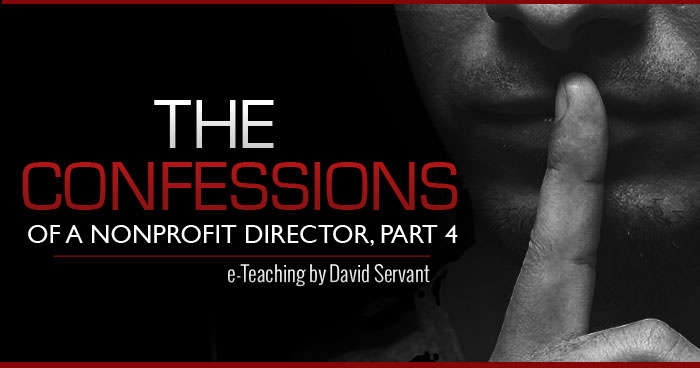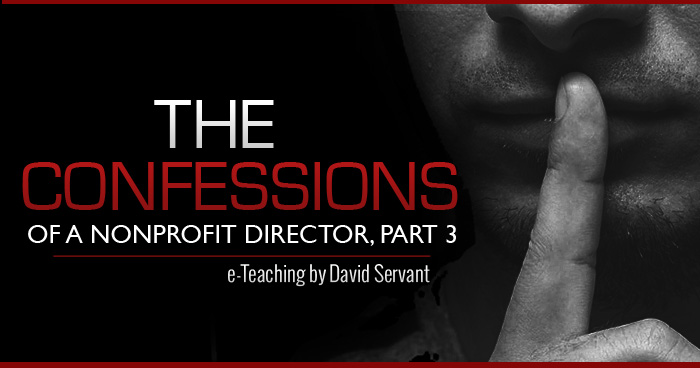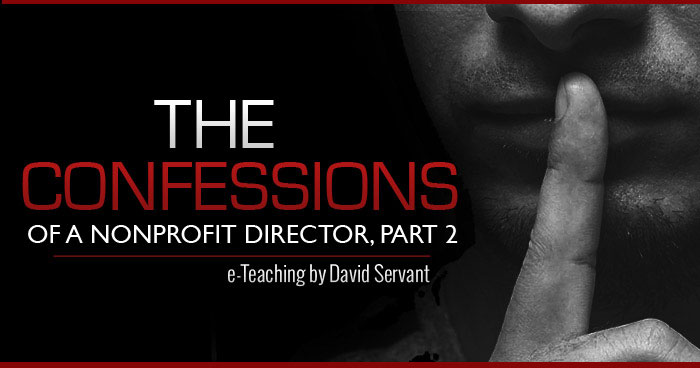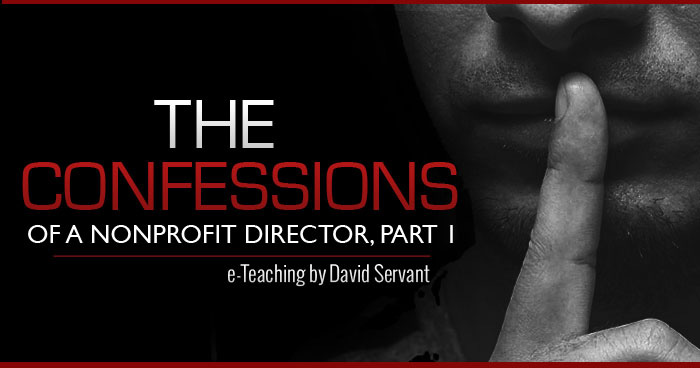In November’s e-Teaching, I made the case that all nonprofits and charities incur inevitable expenses for fundraising and administration. That was true when Paul raised funds for poor saints in Jerusalem (a fact I elaborated on in my last e-teaching), and it has been true every time funds have been raised ever since. Even in the case of an all-volunteer organization, there are still expenses incurred for fundraising and administration, expenses that are often paid by the volunteers themselves.
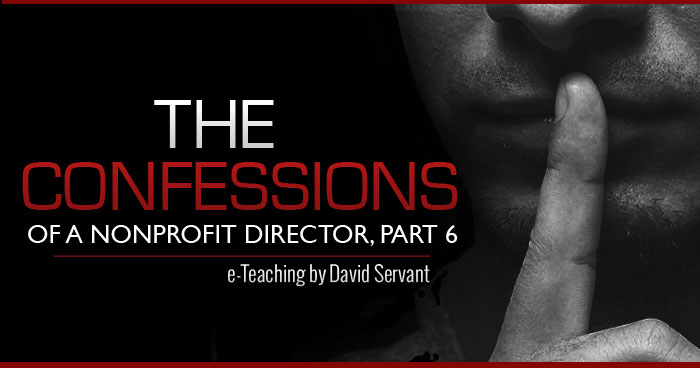
So let us admit it: It costs money to inform potential donors of needs, and it costs money to use donated funds properly in order to meet the needs for which they were given.

